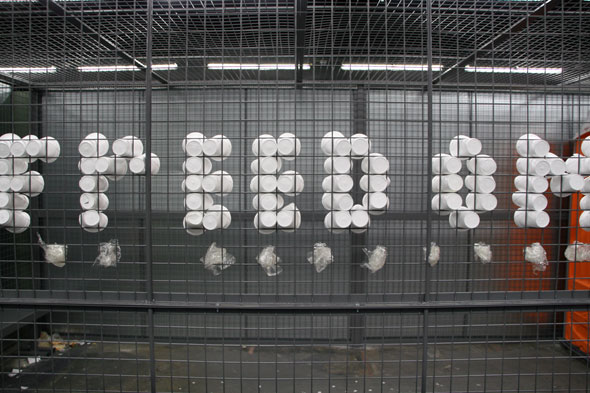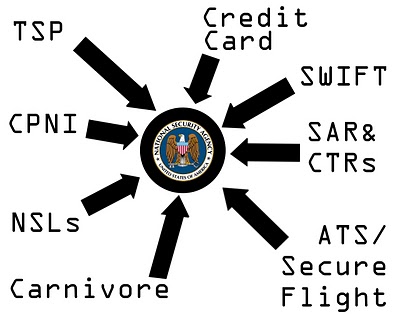
When the policeman in the video below noticed he was being filmed while conducting an arrest, he threw the camera to the ground, beat up its owner, and dragged him off to the police station. This act of police brutality would likely have gone unnoticed… had the officer thought of deleting the film.
The scene took place over a month ago in the neighbourhood of Commanche in Las Vegas, Nevada. Michell Crooks, 36, was filming the arrest of several people accused of robbing a house across the street from his home.
Derek Colling, one of the officers, noticed Crooks and asked him if he was from the neighbourhood. Crooks replied that he wasn’t (he later explained that he lied because the policeman made him nervous). The officer walked toward him and ordered hum to turn off the camera. Crooks replied that he was within his legal right to film because he was standing on his own doorstep. The tone of the exchange turns heated, and the officer grabbed Crooks’ shoulder and threw him to the ground. When Crooks tried to recover his camera, the officer punched him in the face, shouting “stop resisting!” He then taunted Crooks when he cried out in pain: “Oh yeah, buddy. Hey, when you don't do what I ask you to do, then you're in a world of hurt. Aren't ya? Huh?”
Mitchell Crooks was taken to the police station, where he was charged with battery on a police officer and obstruction of justice. He was released the next day. Charges against him were later dropped because the District Attorney’s office deemed the police report “too vague”. One month later, his camera was returned, with the video of his clash with Colling still inside it. The footage has prompted the Las Vegas Metropolitan Police Department to open an internal investigation into Colling’s actions.
Neither Colling nor Crooks are strangers to controversy. Colling has been involved in two fatal shootings in his 5½ years as a Las Vegas police officer, both of which were ruled justified by the Clark County coroner’s juries. Crooks made headlines in 2002, when he videotaped two police officers in Inglewood, California, beating a 16-year-old boy.
Here’s a video that should make your blood boil. A private citizen - Mitchell Crooks - was filming police activity. He was on private property at the time. Filming the police is perfectly lawful, on public or private property.
A police officer approaches him, demands Crooks stop filming - something he has no right to demand - and then beats Crooks up when Crooks claims he is within his rights to videotape the scene. The officer then arrests Crooks for obstructing a police officer - a charge subsequently upgraded to battery on a police officer and obstruction of justice. I guess the officer claimed: ‘His nose viciously beat my fist, and his stomach attacked my foot.'
Fortunately, the idiot police officer was such an idiot that he didn’t delete the video and audio in the camera, so we all can now get to listen to Officer Colling taunting and gloating about how he put Mitchell Crooks into ‘a world of hurt’.
Colling knows all about putting citizens into a world of hurt. In his 5 1/2 years as a police officer, he has already killed two citizens, both deemed justifiable slayings. Crooks should consider himself lucky for merely suffering a deviated septum, chest wall injury, and possibly broken ribs.
Have a look at the video in this article, and wonder why it is that a month later, the Las Vegas Police Department is still passively investigating the encounter and the total lies written by their officer in his arrest report, while the officer in question remains proudly on duty and earning full pay.
This is police brutality that would be out of line in the most despotic of dictatorships, and it shouldn’t take more than a minute or two for Colling’s superiors to recognize it for what it is and to act appropriately. Such behaviour has no place in the United States, and Officer Colling should now experience the full force of the law and its severest consequences, as should his stonewalling superiors who are going as slowly as possible and doing as little as possible to make Colling responsible for his outrageous actions.
One other point of note. Crooks was screaming for help at the top of his voice. He even said to the police officer: 'All my neighbors know what you are doing.' But did a single neighbor come out? Nope, not a one. The police state is a terrifying place to live, and his neighbours all knew better than to risk a beating themselves."









